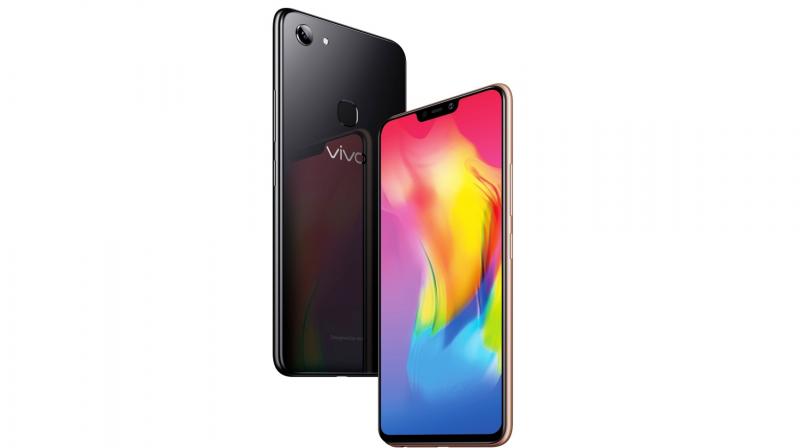Qualcomm, Vivo partner to claim 5G milestone with smartphone antenna technology

Vivo has recently announced its collaboration with Qualcomm with the aim of developing next-generation antenna technologies to accelerate and optimise 5G technology.
This collaboration has resulted in the successful design and integration of new 5G mm-Wave (millimetre wave) antenna arrays into a Vivo commercial form factor as well as the measurement of system-level OTA (over-the-air) performance. This milestone is noteworthy as the arrival of 5G is creating major design hurdles for smartphone manufacturers and network operators. To completely support the rollout of 5G services, even greater intricacies and tougher requirements have been implemented to antenna designs and technologies.
For end users, mm-Wave technology can attain higher data rates to enable the 5G peak data rate of around 10-20 times higher than that of existing 4G LTE technology, providing a better wireless experience especially with AR, VR, AI, and UHD (ultra-high definition) video applications.
Dr Huan-Chu Huang, Antenna Technical Director and Principal Antenna Expert at Vivo has stated, “Through this landmark cooperation between Vivo and Qualcomm, Vivo's industry leadership and innovation on 5G mm-Wave antenna design will contribute to creating optimal devices for end users. After this successful completion of 5G mm-Wave antenna design and measurement based on a Vivo commercial form factor, consumers will soon see the next round of new device designs offering superior performance benefits and a taste of the next generation mobile experience."
It is expected that both 5G sub-6 GHz and mm-Wave antenna technology will be deployed in every major market around the world, with some markets by 2019 and others to follow in 2020. Beyond this collaboration, according to Dr Huan-Chu Huang, Vivo is also proactively applying for patents and publishing international research papers on mm-Wave antenna designs to prepare for the arrival of 5G age.
Vivo was one of the 19 OEMs that pledged earlier this year to employ Qualcomm’s X50 mmWave modem for 5G New Radio product launches that will start from 2019.
